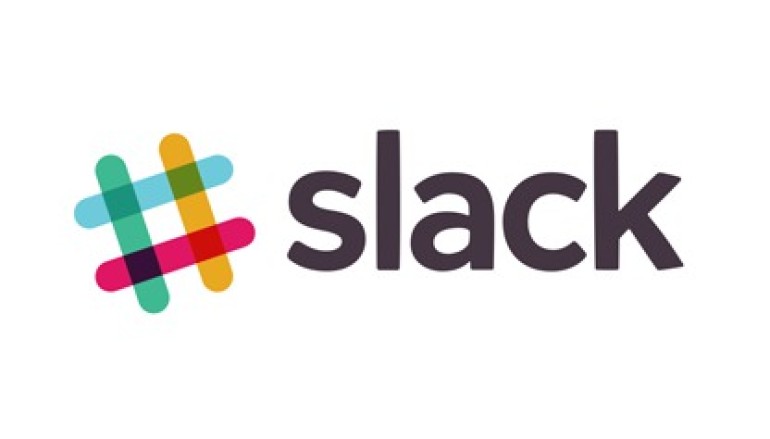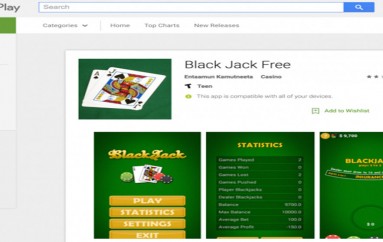
Slack Flaw Allowed Hackers to Hijack Any Account
A researcher has disclosed a couple of serious Slack vulnerabilities that could have been exploited to obtain sensitive information and take over user accounts. The vendor patched the flaws and awarded the expert a total of $9,000.
According to researcher David Vieira-Kurz, Slack was affected by two access control bypass flaws that could have lead to some serious damage. The security holes were reported and fixed in April.
The expert first identified a misconfiguration issue related to the use of a module that allows administrators to obtain server status information, including which IP accessed which resource.
While initially this did not seem like a high-risk problem, Vieira-Kurz soon discovered that even unauthenticated users could request the server status, potentially giving them access to sensitive information associated with any Slack website. Slack awarded the researcher $2,000 for reporting this bug.
The second vulnerability identified by Vieira-Kurz was far more serious. The issue is related to a backend administration panel that allows Slack employees to obtain information on users and workspaces based on an ID.
The researcher determined that an attacker could use this to reset the password of any user by guessing their ID. The white hat hacker earned $7,000 for this report, which still hasn’t been publicly disclosed by Slack on its HackerOne page.
Through its bug bounty program, Slack offers researchers a minimum of $50 for low severity flaws and at least $1,500 for critical issues. Since the launch of its bug bounty program, the company resolved more than 500 reports and paid out a total of $180,000.
Slack is a highly useful team collaboration tool that allows users to create bots that help them automate certain tasks, including project management bots and various types of reminder bots. However, experts warned in April that many developers unwittingly included authentication tokens for Slack accounts in projects shared on GitHub.
A GitHub search revealed hundreds of tokens that could have been leveraged to access potentially sensitive information, including database credentials, logins for internal services and private messages.
Source | securityweek





